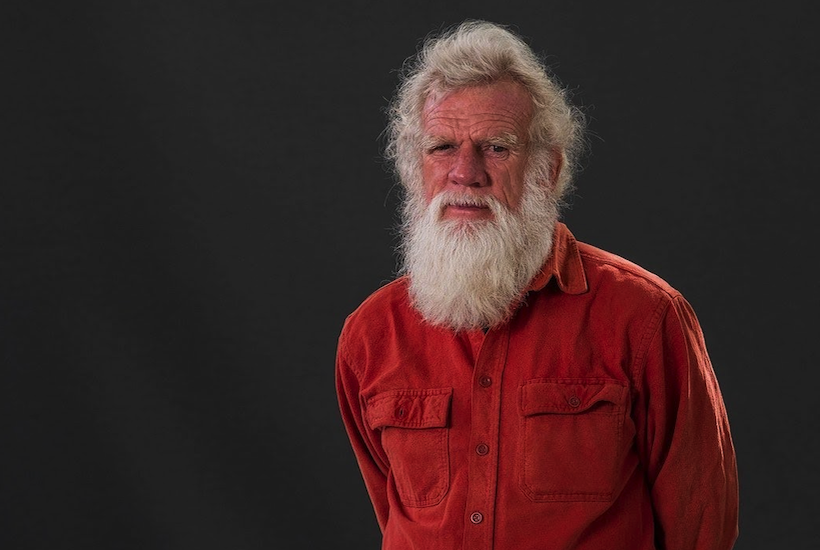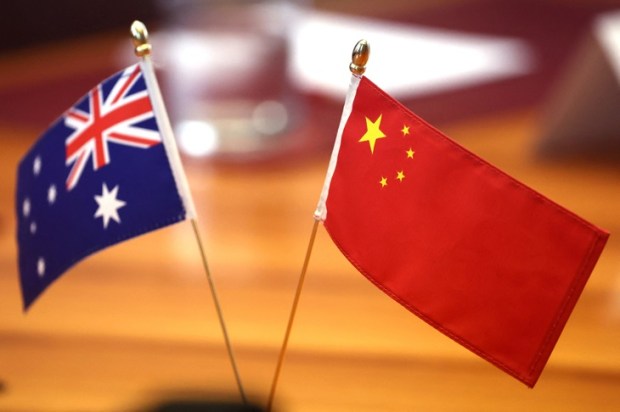“[We hope for] a future where all Australians, whatever their origins, are truly equal partners, with equal opportunities and with an equal stake in shaping the next chapter in the history of this great country, Australia.” — Kevin Rudd, Apology to Australia’s Indigenous peoples, February 13, 2008.
In his 2014 book Dark Emu, writer and historian Bruce Pascoe has claimed that the pre-settlement, Aboriginal population of Australia maintained a sophisticated agrarian civilisation; domesticating crops, irrigating the landscape, milling grain and engineering large ‘towns’ and ‘villages’. Since its publication, Dark Emu has gained Pascoe numerous awards and accolades, including the NSW Premier’s Indigenous Writers Prize, the Australia Council for the Arts Lifetime Achievement Award and many others, and has itself been adapted into a contemporary dance performance, a childrens book for primary school students, and now an ABC television documentary.
Central to the success of Dark Emu has been Pascoe’s self-identification as an Aboriginal man. While he admits that his claim to indigenous heritage is ‘distant’ and tenuous, the Aboriginal identity he has adopted has nevertheless allowed him to attain an influential and lucrative position as an authoritative voice within the Aboriginal political establishment.
Yet, as the voracity of his academic and ancestral claims have come under increasing scrutiny by Aboriginal land councils and others, the Pascoe fiasco is highlighting what is increasingly becoming an intractable problem; in a society that grants ever more political and financial privileges to one racial category of citizen, there must needs be some way of determining membership of that category.
Hitherto, the only metric that has determined who can and cannot claim the privileges afforded to Indigenous Australians has been the Commonwealth Department of Aboriginal Affairs ‘three-part definition‘, whereby an ‘Aboriginal or Torres Strait Islander is a person of Aboriginal or Torres Strait Islander descent who identifies as an Aboriginal or Torres Strait Islander and is accepted as such by the community in which he [or she] lives’.
While this may seem like a reasonable metric by which to test ones racial purity, ever since such scandals as the ‘Uncle’ Jack affair, where the Australia Council caved to the actor Jack Charles’ refusal to prove his Aboriginality in order to receive a literary grant, the proof of descent part of this already very broad metric has become all but politically impossible to ask. This has meant that, in practice, the only metric used for determining Aboriginality has been a political combination of self-identification and getting approval from a representative of an (undefined and politically determined) ‘community’.
As the incentives to invent or embellish ancestral links to Aboriginals increase in proportion with the privileges afforded to them, this crude metric has increasingly allowed a large number of fraudulent claims, exaggerations and even hoaxes to multiply, and, even among the general population, the number of Australians identifying as Aboriginal continues to grow well out of proportion with the actual Aboriginal birthrate. As a result of the shortcomings of the current racial test, there have been calls for a more precise definition of an Aboriginal, and even an Aboriginal ‘register’.
One of the voices calling for such a register has been Aboriginal entrepreneur Josephine Cashman. When she recently raised allegations that Pascoe had defrauded the Commonwealth by falsely claiming to be Aboriginal in order to gain financial benefit, she called for a ‘national strategy for establishing a register for Aboriginal people‘. This call was dismissed by Indigenous Australians Minister Ken Wyatt, whose spokesperson said that he ‘does not support government playing a role’ in determining a person’s indigenous identity.
Despite this, the matter was investigated by the AFP who issued a statement saying that ‘no Commonwealth offences have been identified‘ as Pascoe’s ‘Aboriginality was not relevant’ in determining whether he had falsely claimed to be Aboriginal in order to gain financial benefit. This is because, under the current three-part definition, there is no precise legal definition of an ‘Aboriginal’ as there would be for an architect or a doctor, and therefore no way of falsely claiming to be one.
The resulting scandal lost Cashman her membership of the Voice Co-Design Senior Advisory Group, and she has since been abandoned by many of her business partners and lost her reputation as a strong campaigner for Aboriginal advancement.
While the idea of a race-based register should be anathema to any society that believes in racial equality, Cashman had simply followed the new Australian system of racial privilege to its logical conclusion; if there is to be an Aboriginal parliament, an Aboriginal legal code, an Aboriginal commonwealth fund and, ultimately, Aboriginal sovereignty, there must be a robust way of determining who is eligible for these privileges.
Whether or not Pascoe does indeed have some distant Aboriginal relation is uncertain, and should be irrelevant. What is certain, however, is that, as examples such as the High Court’s recent decision allowing non-citizens who identify as ‘Aboriginal’ (however distant that connection may be) to be free from deportation, and the Bruce Pascoe Fiasco show, Australia is now a land of crude racial hierarchy, where to be born of one ancestor grants direct and explicit legal, economic and political privileges that are not conferred on those without the right blood. We have lost our principle of equality before the law, and must now deal with the grim procession of claims, contests and consequences that arise in any a society that adopts privileges based on blood and race. In the words of Edmund Burke, “Contending for an imaginary power, we begin to acquire the spirit of domination, and to lose the relish of honest equality.”
We have lost that relish.
Illustration: Sky News Australia/YouTube.
Got something to add? Join the discussion and comment below.
Got something to add? Join the discussion and comment below.
Get 10 issues for just $10
Subscribe to The Spectator Australia today for the next 10 magazine issues, plus full online access, for just $10.


























Comments
Don't miss out
Join the conversation with other Spectator Australia readers. Subscribe to leave a comment.
SUBSCRIBEAlready a subscriber? Log in